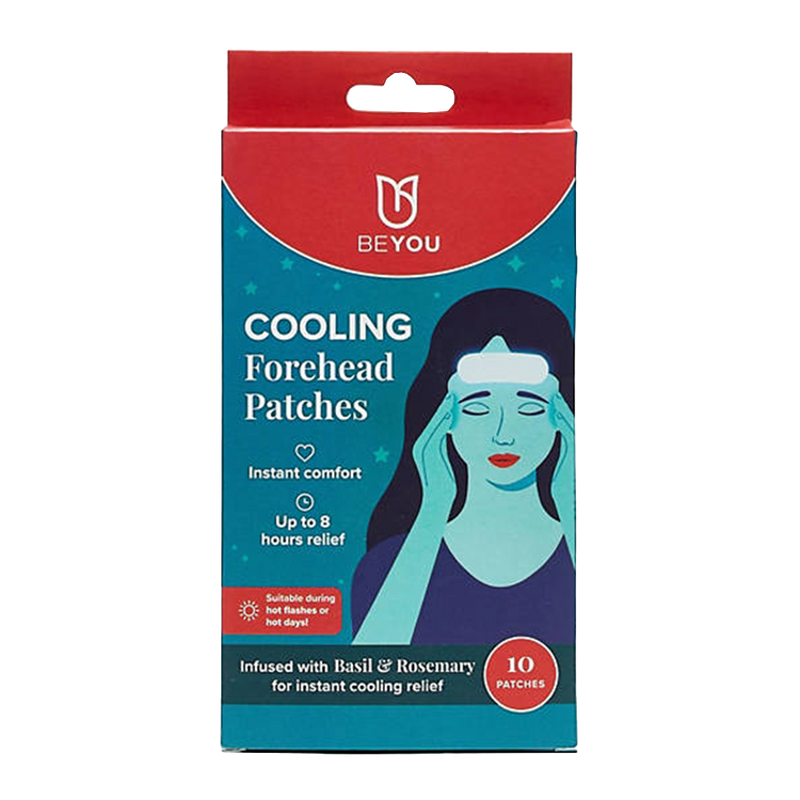Body Dysmorphic Disorder: Causes, Symptoms & Treatment
We need to talk about body dysmorphia. BDD is a mental health condition which encourages someone to obsess over one part of their body. This behaviour threatens their personal lives as well as professional and academic careers. BDD leads to many people developing OCD and eating disorders like anorexia and bulimia.
With the rise of the body positive movement and self-care, we need to stay informed about conditions like BDD. Here are some of the common body dysmorphia questions answered.
What is body dysmorphia?
Body dysmorphia is an anxiety disorder in which a person obsesses over one of their characteristic. This is often seen as a flaw to that particular person but is unnoticeable to many others. The condition mainly affects younger people but it does affect both men and women.
The unhealthy thinking patterns attached to BDD often lead to compulsive behaviours, in a bid to ‘fix’ their flaw. These habits can develop into other disorders, such as obsessive-compulsive disorder and anorexia.
What causes body dysmorphia?
Low self-esteem and poor body image can be causes and symptoms of body dysmorphia. According to some medical experts, about 8% of people who suffer from the condition have a close relative who has also experienced it.
Traumatic childhood experiences play a contributing factor in developing symptoms of BDD. Body shaming and bullying have been suggested to increase a person’s chances of developing BDD. The individual’s awareness of unrealistic beauty ideals leads them to fixate on their appearance, despite the fact that they are impossible to achieve.
One study from 2004 states that up to 37% of individuals with BDD will also have OCD, which may be due to an individual’s genetics. Serotonin may play a part in provoking BDD. Low levels of serotonin are common in those who have anxiety, depression and even sleep conditions. It still unclear what the link between serotonin and body dysmorphia is though.
What are the common symptoms of BDD?
According to the NHS, A person may have body dysmorphia if they are experiencing any of the following:
-
excessively worrying about a specific area of the body
-
spending a lot of time comparing their looks with other people's
-
constantly looking at themselves in the mirror
-
avoiding mirrors altogether
-
spending considerable time to apply makeup, style hair or choose clothes
-
skin picking



